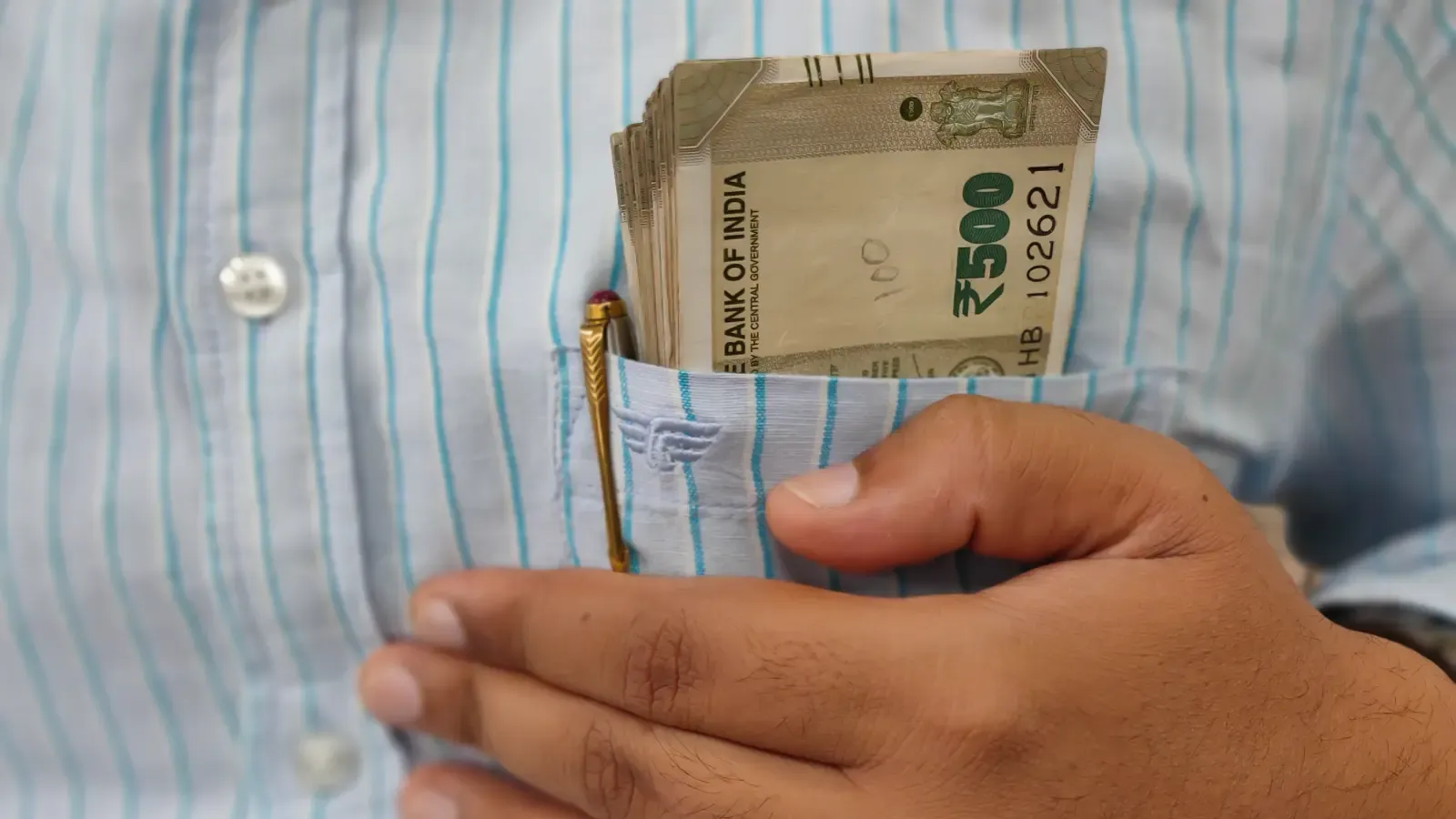As November begins, several new rules will come into effect across India, affecting Aadhaar updates, banking processes, GST slabs, pension procedures, and card fees. Citizens are being advised to review their finances and personal details to avoid unexpected charges or disruptions.
Aadhaar Updates Now Simpler and Cheaper
From November 1, updating Aadhaar details has become significantly easier. Adults will pay Rs 75 for changes to name, address, date of birth, or mobile number, while biometric updates such as fingerprints or iris scans will cost Rs 125. Children aged 5–7 and 15–17 can get biometric updates free of charge for one year.
The Unique Identification Authority of India (UIDAI) has also introduced an online facility that allows users to update address, date of birth, mobile number, or name without submitting any supporting documents. Officials said, “By allowing most updates to happen online, UIDAI aims to make the system more citizen-friendly and time-efficient.”
Linking Aadhaar with PAN Becomes Mandatory
The government has made it compulsory for all PAN cardholders to link their Aadhaar by December 31, 2025. PAN cards not linked with Aadhaar from January 1, 2026, will be considered invalid for all financial and tax-related purposes. New applicants will also undergo Aadhaar verification during the PAN registration process. Authorities said the move is aimed at improving transparency, preventing duplicate identities, and curbing tax evasion.
Bank Nomination Rules Revised
New banking regulations will allow account holders to nominate up to four individuals per account, locker, or safe custody item. Nominees’ shares can be explicitly specified. According to RBI guidelines, “If a nominee dies prior to receiving the deposit, the nomination with respect to such nominee will become ineffective.” The changes are intended to simplify access to funds for families during emergencies and reduce ownership disputes.
GST Slabs Simplified
The four-slab GST system (5%, 12%, 18%, 28%) will be replaced by two main slabs along with a 40% rate for luxury and sin goods, effective November 1. The Finance Ministry said the adjustment is intended to make the indirect tax system simpler and more transparent for businesses and consumers alike.
Pensioners Must Submit Life Certificates
Retired central and state government employees must submit their annual Life Certificate at their bank branch or through the Jeevan Pramaan portal by the end of November. Failure to do so may result in delayed or halted pension payments. Additionally, government employees planning to switch from the National Pension System (NPS) to the Unified Pension Scheme (UPS) now have until November 30 to complete the transfer.
Locker and Card Fees Updated
Punjab National Bank (PNB) will revise locker rent charges across India based on size and category, with new rates expected to be announced in November and implemented 30 days after notification. Starting November 1, SBI Cardholders will face a 1% fee on education-related payments made through apps such as MobiKwik and CRED. A 1% fee will also apply on wallet loads exceeding Rs 1,000.
Simplified KYC Process for Financial Services
Financial institutions will now offer customers multiple options to complete KYC requirements: Aadhaar OTP verification, video verification, or face-to-face checks. This flexibility aims to reduce paperwork and streamline banking processes.
Digital India Push
Officials said, “These updates reflect UIDAI’s ongoing mission to make Aadhaar both user-centric and secure.” The changes support India’s Digital India initiative by enabling faster, online-first services while reducing bureaucratic hurdles. Citizens are encouraged to review their Aadhaar details and complete PAN linkage before the end of the year to avoid service interruptions.


